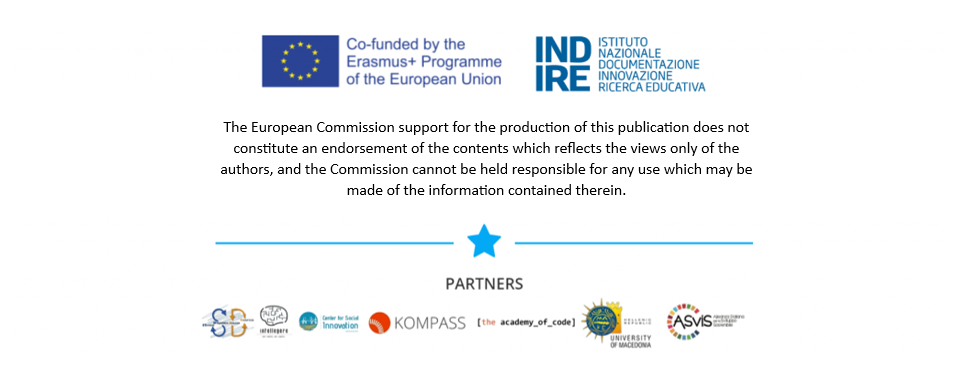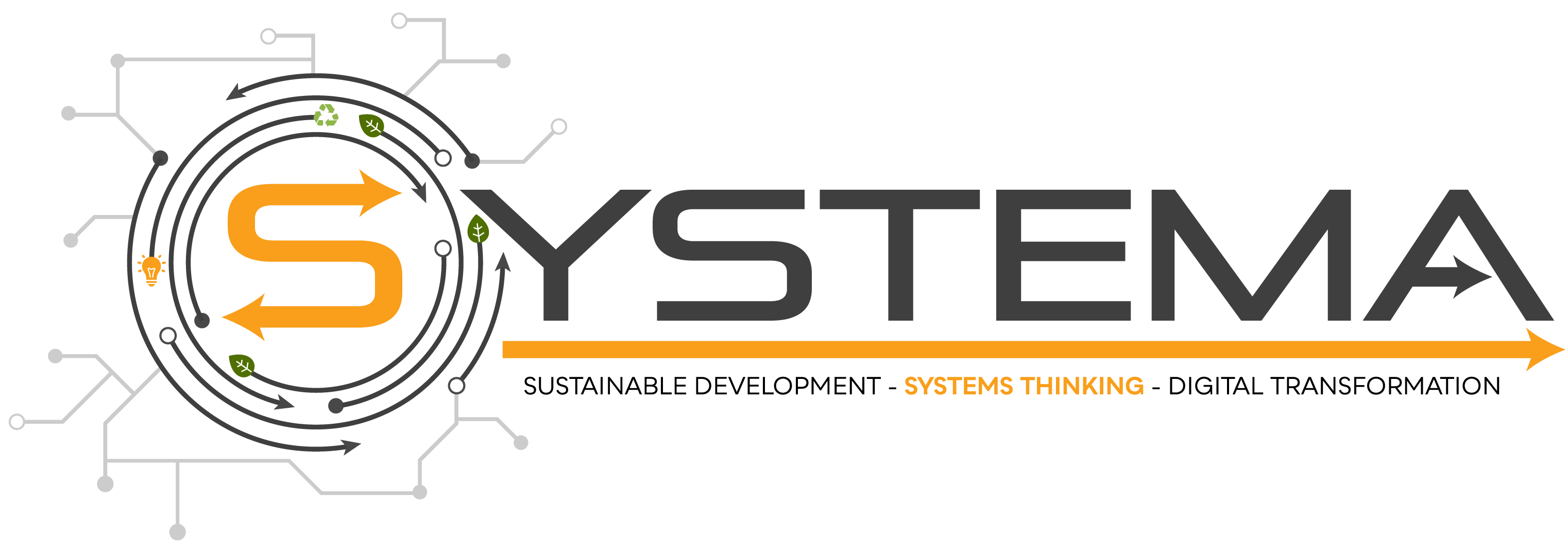On January 14, 2022, the Joint
Research Centre (JRC) of the EU Commission, issued the study entitled GreenComp: the European sustainability competence
framework.
It is important to
emphasize that the prefix "Green" and the use of the wording
"environmental sustainability" instead of "sustainability",
should not imply that it is referred to a limited and partial conceptual and
disciplinary scope.
The EU Commission
also argues in its Communication Proposal for a Council
Recommendation on learning for environmental sustainability (adopted on the same day) that interdisciplinary approaches are needed to help learners
understand the interconnectedness of economic, social and natural systems,
and JRC reports that experts consulted during the development of the study
recommended using the word "sustainability" rather than
"environmental sustainability" to recognize the multidimensionality
of the concept.
The aim of the
study is to provide a shared competence framework on sustainability at
European level as a common basis to guide both educators and learners, that
can work as a catalyst for action to solve the great challenges of our times.
GreenComp can serve
a wide range of purposes, including:
-
curricula review,
-
design of teacher education programmes
-
(self-) assessment/ reflection,
-
policy development,
-
certification,
-
assessment,
-
monitoring and evaluation.
It offers a common
definition of sustainability, tightly connected to the concept of planetary boundaries:
“sustainability
means prioritising the needs of all life forms and of the planet by ensuring
that human activity does not exceed planetary boundaries”.
It also offers a definition
for sustainability competence:
“empowerment of
learners to embody sustainability values, and embrace complex systems, in order
to take or request action that restores and maintains ecosystem health and
enhances justice, generating visions for sustainable futures”.
In particular, the GreenComp
study elaborates its main statements around the need to have 12 competences (in
bold) organised into the four areas, as reported below:
1. Embodying
sustainability values, including the competences
•
valuing sustainability
•
supporting fairness
•
promoting nature
2. Embracing
complexity in sustainability, including the competences
•
systems thinking
•
critical thinking
•
problem framing
3. - Envisioning
sustainable futures, including the competences
•
futures literacy
•
adaptability
•
exploratory thinking
4. Acting for
sustainability, including the competences
•
political agency
•
collective action
•
individual initiative
This study is very
important in its overall nature but also because it poses Systems Thinking as
one of the core competences in the area “embracing complexity for sustainability”.
It is also worth noticing that also the very same concept framework is
defined as a “System” itself…!
Indeed, the 12
sustainability competences are tightly interrelated and interdependent, and
should be treated as parts of a whole. Thus, GreenComp implies that
sustainability, as a competence, is composed of these 12 building blocks and that, if the 12
competencies are separated from each other, or divided into separated blocks,
and not used in full conjunction, they will be inadequate to pursue sustainable
development.
It is important to
underline how also the same principles (named “values”) for sustainability, as
defined by JRC in the first area as meta-competencies, would be inadequate to
pursue results if not accompanied by a systemic approach to thinking.
Last but not least,
it is also worth mentioning that also the block of only the first three areas
would prove inadequate for the purpose since the “action capability”
represented by the fourth area is fundamental to operationalize the first three
ones.
JRC provided a
visualization inspired by nature to represent the interconnection of the 4
areas and the 12 competences (see figure).

Visual representation of GreenComp.

